
South Sudan run out of foreign reserves, economists demand IMF to bailout the country
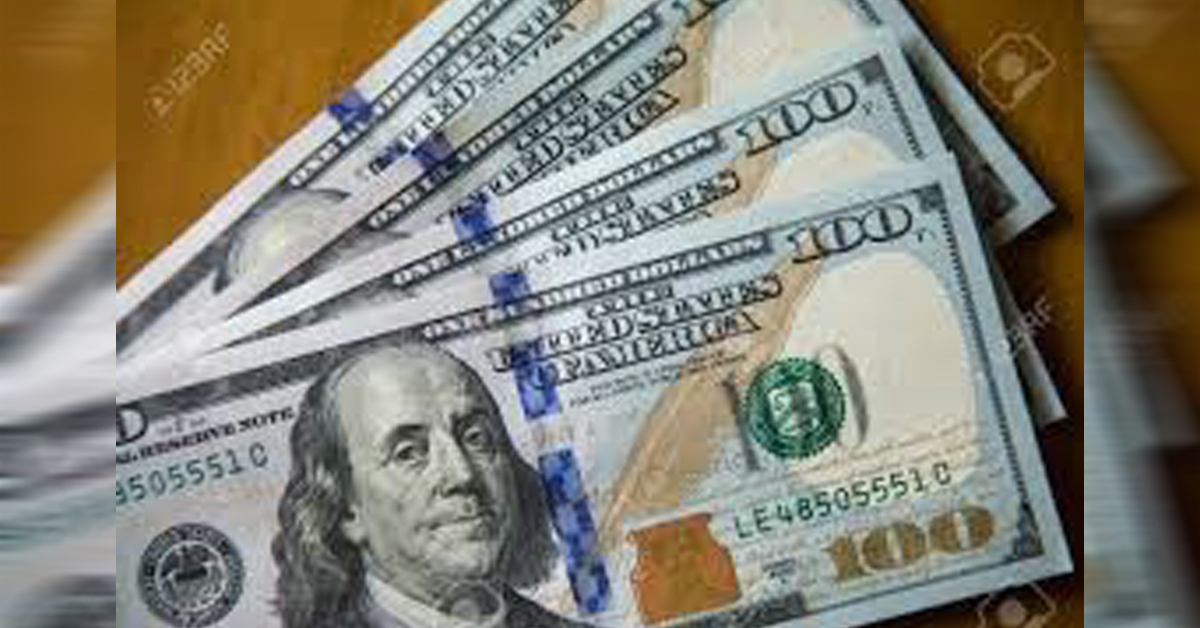
“Political instability, corruption and most recently COVID-19 are the reasons the central bank ran out of foreign reserves,” says economist
The South Sudan Central Bank announced last week that the country has run out of its foreign cash reserves.
A deputy governor Daniel Kech Pouch, the second deputy governor at the Bank of South Sudan, told reporters in Juba that there is nothing the central bank can do to stop the South Sudanese Pound from depreciating further against the US dollar.
“It’s difficult for us now at this moment to stop this rapid exchange rate because we don’t have the [foreign] reserves for us to intervene in the market.”
“Here in South Sudan we have three rates, the inductive rate, which is used by the central bank, the commercial bank. And those rates used by the commercial banks are also not the same.” Pouch said, adding that each commercial bank has its own rate let alone the parallel or black-market rates.
Pouch added that the Central bank is unable to intervene and reduce the country’s skyrocketing inflation rate, which now stands at 35 percent.
He acknowledged the black market is flush with US dollars but said those dollars do not make their way into the Central Bank.
“There are other agencies that bring money to South Sudan that does not come through the Central Bank. And there are some commercial banks that bring money which does not also come through the Central Bank.” Pouch said.
“You know, The Central bank has no system that unifies the operation of the bank of the flow of money; whether inside or going outside.” He added.
Pouch said foreign agencies and international NGOs bring money into the country but sell directly to the people on the street or on the black market.
South Sudan’s economy has been devastated by a number of factors, including recent floods, a drop in global oil prices, and the COVID 19 pandemic to name just a few, according to the deputy governor of the bank.
The country’s economic troubles date back to January 2012, when South Sudan suspended all oil production following disputes with Sudan over processing and transit fees for exporting Juba’s crude.
Economists say having no hard currency will make it difficult for South Sudan to import goods.
Professor Marial Awou, a former dean of economics at the University of Juba and Vice Chancellor of South Sudan’s Upper Nile University said since South Sudan came out of war in 201, the government should have built major infrastructure to prepare the country for such economic shocks.
“But that did not take place because of scarcity of foreign exchange. So, it will have a severe impact on the economy of South Sudan.”
“Even people who have things to sell, no one’s going to buy (their goods). So, when they stay in their shops and in their selling places, they’ll get tired and pack their things and go home.” Awou told The Insider.
Economist, Ahmed Morjan, an economics lecturer at the University of Juba, said the bank’s failure to secure foreign currency and boost the value of the local currency will translate into more suffering for ordinary citizens.
“It will be very difficult for businesspeople to import goods from the outside world and hence it will have a negative impact on what we consume.” He said.
“On the common man, it’s going to be serious because we will not get what we want, we will not be able to buy what we want and our consumption of almost everything will go down and this one will lead to reduction in the welfare of the citizens.” Morjan added.
He said “political instability, corruption and most recently COVID-19 are the reasons the central bank ran out of foreign reserves.” He advised that government should immediately ask the International Monetary Fund (IMF)and the Word Bank for a financial bailout as a short-term solution.
“If we want a long-term solution then the country should diversify its exports and that can only be done if there’s peace.” Morjan told The Insider.
He said if there’s no peace it will be difficult for South Sudan to diversify her economy and stabilize the exchange.
“The immediate way to bail out the country, we need a bailout from some international financial institutions and that’s only a temporary solution.” Morjan said.
The US dollar exchanges for 165 SSP in the Central Bank and 400 SSP on the black market.
The central bank is in talks with representatives of the IMF who are currently in the country to discuss ways the country’s economy can be strengthened.
This story first aired on VOA’s South Sudan in Focus program and on its website on August 20th. Read the original story here.

















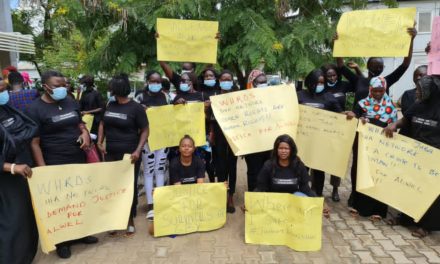
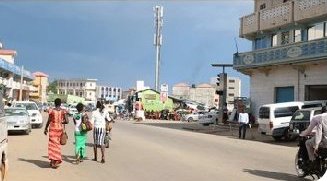
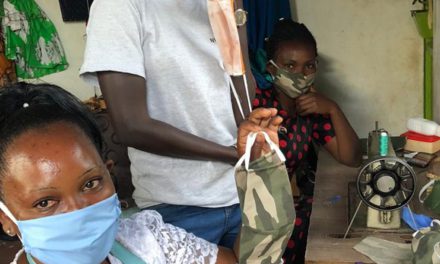
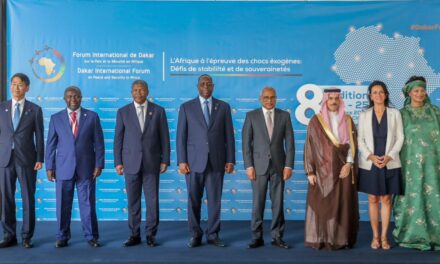
Recent Comments